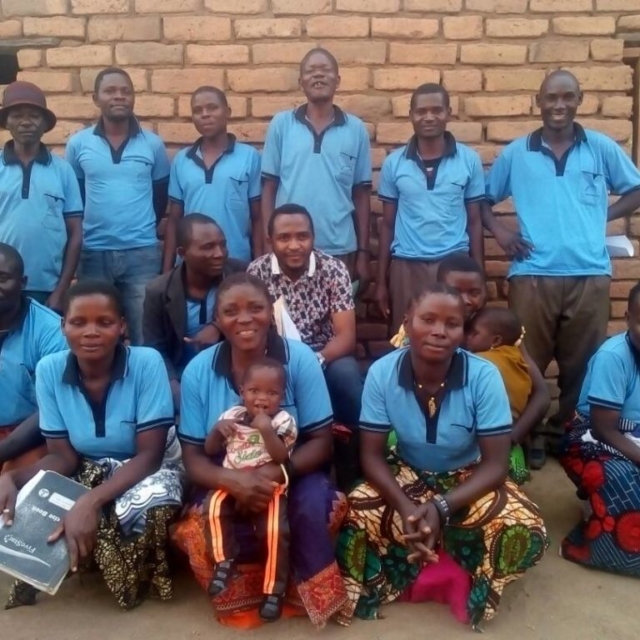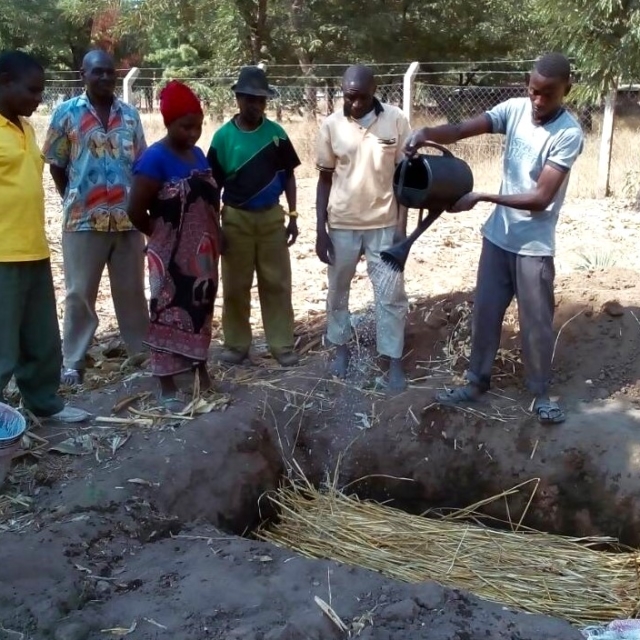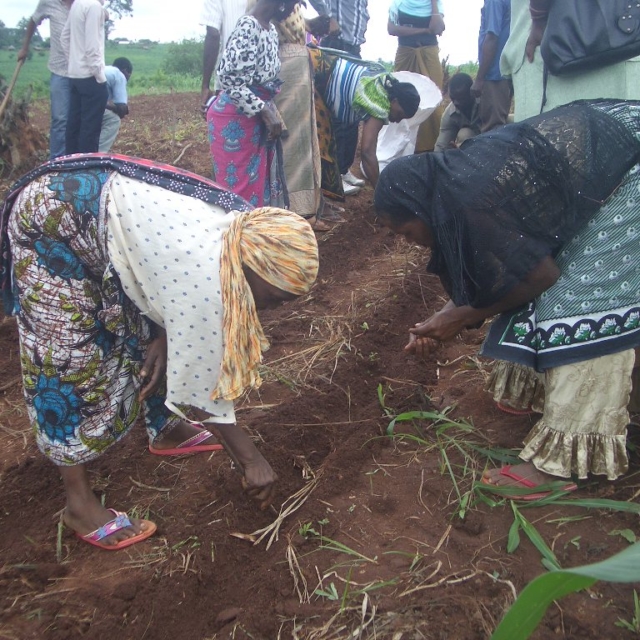
Sesame Smallholder Project (SSP)
GOAL
To improve the income, productivity, and food security of 7,000 smallholder sesame farmers and their families
LOCATION
Mbeya Region, Tanzania
DURATION-
2016
-
2018
FARMERS
700
VALUE CHAINS
Maize, Sesame
PARTNERS
Alliance for a Green Revolution in Africa (AGRA)
FUNDING
USD 25,400
Sesame Smallholder Project (SSP)
The Sesame Smallholder Project (SSP) was initially conceived as the 'Sustainable Sesame Practices to Grow Incomes in the Mbeya Region Tanzania.' – a four-year project established through a collaborative effort between the EFF and the Alliance for Green Revolution in Africa (AGRA) under the inclusive Green Growth of Smallholder Agricultural Sector (IGGSAS) Program to support 7,000 farmers. The project involved several key components, including the establishment of demonstration plots, provision of technical skills and know-how, and training in good agricultural practices, basic business skills, and group formation and management. Demonstration plots were set up in four villages, at community areas and schools, to provide farmers and pupils with practical field knowledge. Local and improved varieties were cultivated under different circumstances showcasing varieties best suited considering the soil and climatic conditions of their own plots. In collaboration with Green Fingers Mobile, an ICT app was developed to monitor field activities, training, and commercial exchange of farmer produce.
Despite the challenges faced when the donor unexpectedly halted the funding less than a year after project implementation, a decision unrelated to EFF, the Foundation’s management decided to continue supporting activities in the area to ensure project gains were not lost and farmers’ expectations in terms of training and extension support were met. EFF fully supported the project until April 2018. The project exemplifies the complexity of agricultural development initiatives and underscores the importance of addressing logistical and operational challenges to ensure the success of such interventions.



